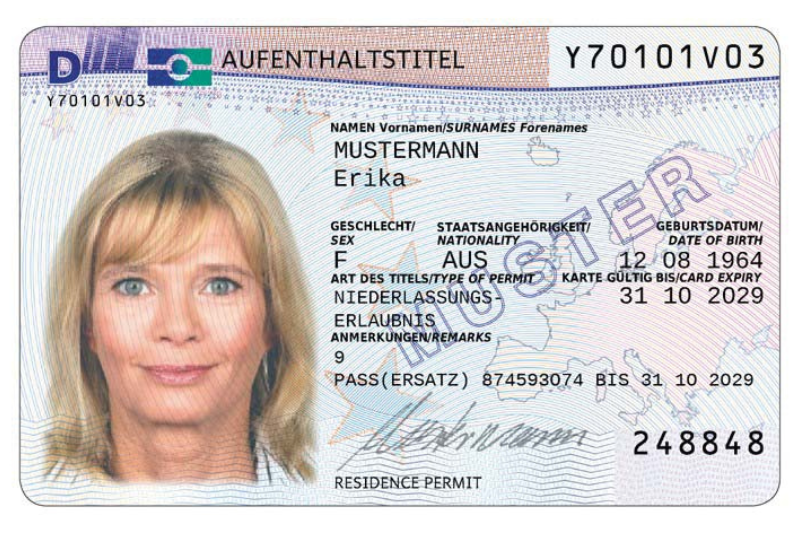

under german residence law over 50000 migrants applied
Positive results have already been seen from a German law that makes it simpler for immigrants with temporary visas to apply for residency.
Since the Opportunity Residence Act went into effect just over six months ago, thousands of people have used it.
According to a study by Integration Media Service (Mediendienst Integration), since the Opportunity Right of Residency law (Chancen-Aufenthaltsrecht, also known as the Opportunity Residence Act), which took effect on December 31, 2022, at least 49,000 migrants have applied for a new residence permit. Around 17,000 of those applications have been accepted, and 2,100 have been rejected.
The German news agency reported that thousands more claims were being processed at the time of the survey.
Municipal immigration authorities have expressed concerns due to the heavy workload. These authorities are already under pressure due to an increase in the number of refugees and asylum seekers as well as several other immigration reforms.
According to estimates from the federal government, about 98,000 people will apply for residence permits under the act. It also projected that the new policy would grant permanent residency to about 33,000 people.
The law offers foreigners who arrived in Germany before October 31, 2017, and who have temporary tolerated stay permits (‘Duldung’), the chance to receive a kind of probationary residence permit for 18 months to complete the requirements for permanent residence. They are given legal status and access to the labor market during this period of a year and a half.
Those who can demonstrate financial independence, a working knowledge of German, and proof of identity may be granted permanent residence after the initial 18-month period. The application must be submitted before that time.
Residency is not available to those who have lied to authorities about their identity more than twice or who have been convicted of a crime in Germany.
The act has drawn criticism for giving some migrants and refugees the chance to settle down while excluding others, such as those with less serious criminal convictions or who failed to obtain identification documents.
The residence permit required by the law should have been extended to three years, according to pro-immigration organizations, to give people enough time to establish their lives and prospects in Germany.
According to government statistics, there were about 248,000 “Duldung” status holders in Germany at the end of 2022. Of these, 137,000 had resided in Germany for the required five years. This indicates that, following the new law, more than one in three of those who are eligible have applied.
The survey revealed that, while about 58% of those eligible in Berlin and Bavaria had applied, only about one-third had done so in North Rhine-Westphalia (NRW), the state with the largest population in Germany. According to the survey, the rejection rate was generally low, averaging around 4% in NRW and 6% in Bavaria and Lower Saxony.
Immigration specialists told them that this might be related to how local authorities disseminate information about the law.
At the 2025 Great Place To Work Summit in Las Vegas, Marriott's CEO Anthony Capuano showed a powerful moment that…
A new report from Save the Children and Plan International, provides an alarming description of the experiences migrant children have…
In the move to deepen cooperation between North Korea and Russia, Kim Jong Un has sent a large number of…
As per the US Department of Agriculture briefing reviewed by Reuters with congressional staff, more than 15,000 USDA employees have…
In a closed-door session at the Milken Institute Global Conference, Elon Musk, who is now the Senior Advisor to the…
The US Department of Labor experiences its worst staff shortage in history because it lost twenty percent of its employees…
This website uses cookies.
Read More